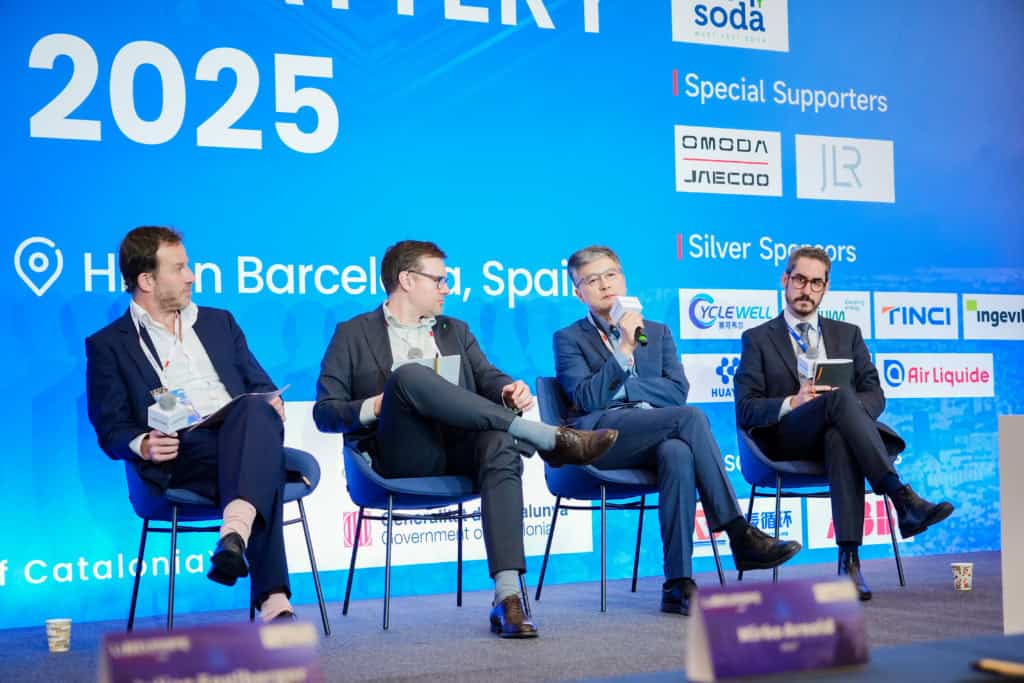Senior participated in the Li-ION Battery Europe 2025 Conference held this week in Barcelona, where global industry leaders convened to discuss the future development of Europe’s battery ecosystem.
During the event, the company’s Chief Technology Officer, Dr. Steven Zhang, joined the panel session titled “The Necessity of Policy Support for Cross-Border Collaboration on Battery Projects,” sharing insights on the evolving landscape of international cooperation in battery manufacturing and innovation.
“Effective cross-border collaboration requires unified technical standards — from cell design to material specifications,” Mr. Zhang noted. “Variations in testing protocols, safety regulations, and material requirements across different countries often lead to inconsistent outcomes and additional verification efforts for suppliers.”
He emphasized that enhancing coordination, standardization, and interoperability across the European market will be essential for developing a sustainable and globally competitive battery value chain.
“Senior Technology Materials is fully committed to supporting Europe’s energy transition,” Dr. Zhang continued. “We already localized production facilities in the European Union to provide separator and solid-state membrane solutions to our partners. Senior has already achieved mass production and shipment of semi-solid composite membrane products, and is striving to become a leading innovator in semi-solid and solid-state composite membrane materials. Our objective is to become a trusted technology leader embedded within Europe’s rapidly growing battery industry.”
Commenting on the development of the Battery Passport initiative, Dr. Zhang stated that it has the potential to strengthen transparency and standardization across borders, while noting that implementation costs and the need for internationally aligned frameworks remain key challenges.
Looking ahead, he concluded:
“By 2030, we envision a European battery value chain that is self-sufficient, sustainable, and technologically advanced — built through collaboration, innovation, and a shared commitment to a greener future.”
